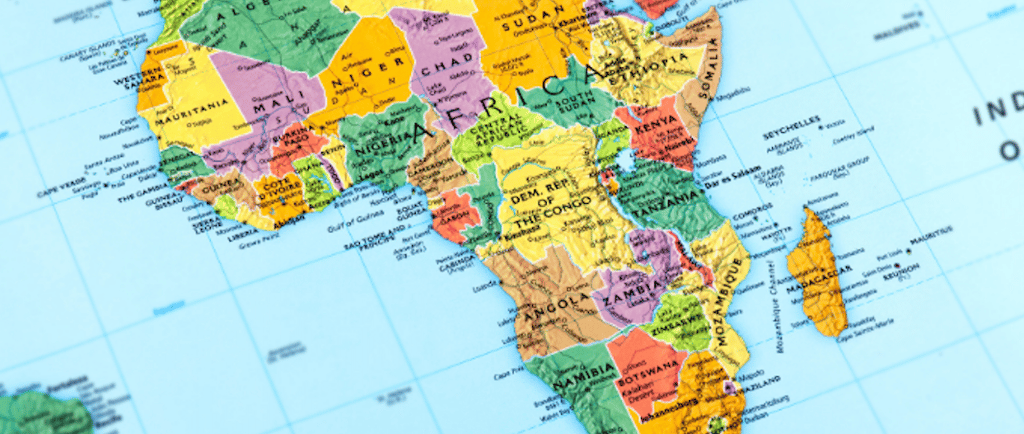Banknotes, Passports, and Ballot Papers: Africa’s Call for Independence in Security Printing
In many African countries, banknotes, passports, and other sensitive documents are still produced in Western printing houses. This creates dependencies — political, economic, and technological. The article highlights why having their own security printing facilities is not only a matter of technical infrastructure, but also of sovereignty and independence.
Mladen Gajić
8/19/20252 min read


Why Africa Needs Its Own Security Printing Facilities
In an increasingly digitalized and globalized world, the protection of sensitive state documents — banknotes, passports, tax stamps, and ballot papers — is not just a technical issue, but a strategic one. While many African countries continue to rely on Western security printers such as De La Rue (UK), Crane Currency (USA), Giesecke+Devrient (Germany), or Oberthur Fiduciaire (France), it is becoming ever clearer: Africa needs sovereign, nationally controlled security printing facilities.
1. Political Sovereignty and Security
Banknotes and official identification documents are both symbols and instruments of national sovereignty. When they are produced abroad, states give up part of their control over internal affairs. In times of political tension or international sanctions, production can be delayed or even blocked. Dependence on external providers is therefore a very real risk. Owning national printing facilities allows states to remain capable of action, even in times of crisis.
2. Protection of Sensitive Data and Designs
Security features on banknotes and IDs rely on secret technologies, patterns, serial numbers, and algorithms. When this information is entrusted to Western printers, it leaves the control of the state. This increases the risk of data leaks or unauthorized copies. An African security printer under state control can ensure the protection of such information and better prevent misuse.
3. Economic Value Creation and Jobs
The security printing sector is worth billions. Each year, African states spend enormous sums on the production of banknotes, passports, and other documents — often filling the coffers of European or American firms. Domestic printing facilities would not only keep money within the country but also create skilled jobs, enable technology transfer, and foster local industry. Countries like Nigeria, South Africa, Egypt, and Morocco have already established their own security printing plants, showing that it is indeed possible.
However:
Capacities remain limited and often cannot cover the entire demand.
Many African states still outsource large parts of their production abroad (mostly to Europe or the USA).
As a result, a significant share of banknotes, passports, and tax stamps still comes from Western providers, as existing African printing facilities often lack sufficient volume, equipment, or technological diversity.
4. Tailored Solutions for Local Challenges
Counterfeiting methods, fraud attempts, and logistical challenges vary across regions. Large international providers often produce standardized security documents that are not tailored to local realities. Local printing facilities can respond more flexibly and develop security features specifically designed for the needs of African countries.
5. Independence from an Oligopoly
The global security printing market is highly concentrated. A handful of Western companies — De La Rue, G&D, Crane, Oberthur, and a few others — dominate the majority of contracts worldwide. This dependency is not only economically disadvantageous but also undermines political self-determination. Developing African capacities is therefore urgently necessary.
Conclusion: Sovereignty Begins with Self-Determination in Security Printing
The ability to print one’s own state documents is not a mere technical detail — it is a key to political, economic, and technological independence. African countries investing today in their own security printing capacities secure not only strategic autonomy but also strengthen innovation, the economy, and regional influence.
It is time for more countries to follow this path — not out of isolation, but out of self-determination.
Address
Vojvodjanskih Brigada 8, 22240 Šid, Srbija
Expertise and service for the printing industry - since 1995
+381 65 230 09 48, +49 151 700 70 727, +234 810 277 8541
© 2025 Gajić Consulting. All rights reserved.


